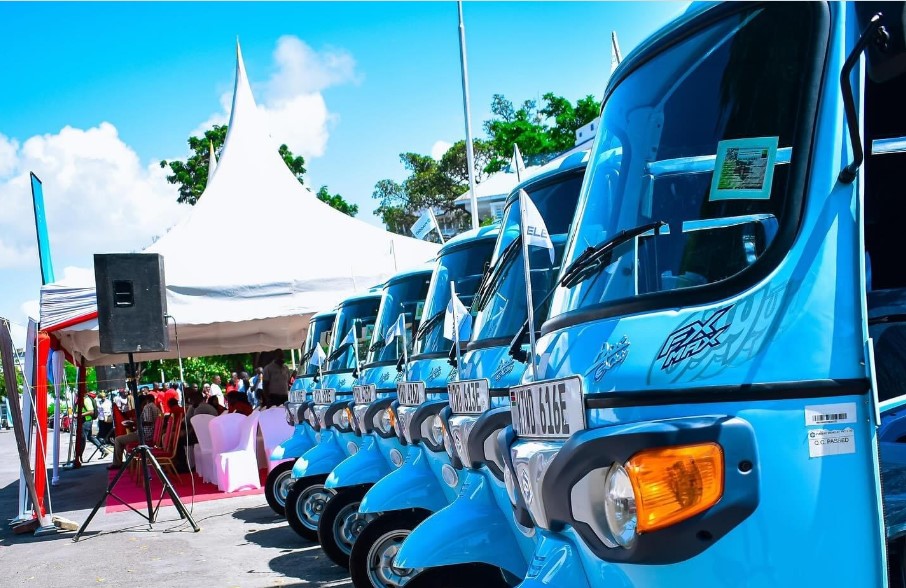Africa is at an important stage in adopting electric vehicles (EVs), with challenges and exciting possibilities shaping the journey.
The transition to EVs in Africa isn’t just about cars—it includes motorcycles, buses, and tuktuks, which are essential for urban transportation.
As nations aim to reduce their reliance on fossil fuels and improve air quality, switching to electric mobility presents a chance to create a cleaner and more sustainable future.
Challenges to Electric Vehicle Adoption
A major hurdle is the lack of reliable infrastructure. Many African countries face inconsistent electricity supply and limited charging stations.
For example, Uganda and Kenya are leading with cleaner grids—95% and 80% clean energy, respectively—but other nations still rely on fossil fuels for most of their power. This inconsistency makes potential EV users hesitant, as they worry about reliable charging options.
Another challenge is the high upfront cost of electric vehicles. For many people, particularly in countries with low incomes, EVs are simply too expensive. Even with incentives in some places, affordability remains a key concern.
HAVE YOU READ?
How Spiro Veo 4.5KW Redefines Electric Mobility in East Africa
Promising Steps Forward
Despite these challenges, several African countries are making progress.
-
Kenya has become a trailblazer in electric mobility, focusing on electric motorcycles, which are affordable and suitable for local transport. Over 95% of EVs in East Africa are motorcycles. Kenya also uses geothermal energy for its power needs, and the government has introduced tax incentives to make EVs more accessible.
-
Morocco is another leader, leveraging its strong investments in renewable energy. The country plans to generate 52% of its electricity from renewables by 2030 and is already exporting extra energy to Europe. Morocco’s clean energy efforts could support the development of local EV manufacturing.
-
Ethiopia has ambitious policies, including plans to phase out internal combustion engine vehicles. With the Grand Ethiopian Renaissance Dam boosting hydroelectric power, Ethiopia is preparing for a future of clean energy for EVs. However, challenges such as limited infrastructure and low vehicle ownership rates may slow progress.
Benefits of Electric Mobility
The shift to EVs offers huge advantages for Africa. EVs can reduce air pollution and greenhouse gas emissions, improving public health and tackling climate change.
They can also cut down on the need for imported fossil fuels, easing the financial burden on many economies.
By using locally produced electricity, especially from renewable sources like solar, wind, and hydro, African nations can improve energy security.
The shift also creates opportunities for jobs in the growing EV industry, from vehicle assembly to charging station installation.
Local Innovation Driving Change
Local startups are playing a big role in Africa’s electric mobility transition. For example:
-
Roam Electric in Kenya focuses on electric buses and motorcycles.
-
Ampersand in Rwanda has developed affordable electric motorcycles tailored for African transport needs.















